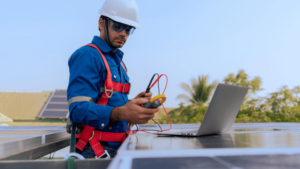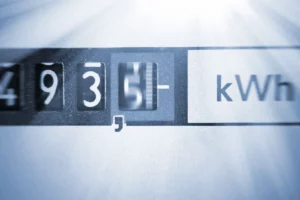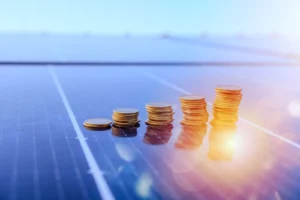Many homeowners are interested in solar energy, but a key question lingers: is it a wise investment? The answer lies in the solar panel ROI (return on investment). In simpler terms, it’s how much money you save or earn compared to the upfront cost of installing solar panels.
What is the return on investment for solar panels?
The ROI of solar panels is a combination of factors, including reduced energy bills, government incentives, and increased home value, all weighed against the initial installation costs.
The payback period refers to the estimated timeframe it takes for your annual energy bill savings to offset the initial cost of installing your solar panel system. This essentially marks the point where you start seeing a net financial gain from your investment.
Average Solar Panel Payback Period
A good payback period for solar panels in the US falls between 6-10 years. This timeframe represents how long it takes for your energy savings to offset the initial investment. It’s important to note that this is an average, and your specific payback period can vary depending on your location and system size.
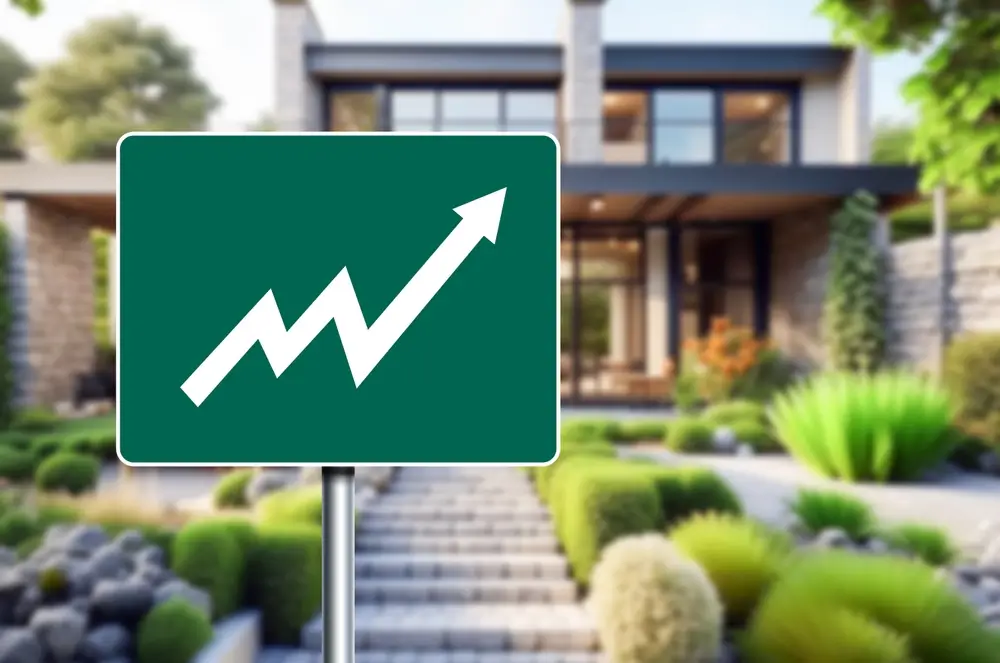
How Solar Panels Pay for Themselves
Solar panels offer a unique financial proposition. Unlike traditional investments, they directly reduce your ongoing expenses while potentially increasing the value of your most significant asset – your home. Let’s explore the three main ways solar panels translate into financial benefits for you:
Slashing Your Electricity Bills
This is the most direct and impactful way solar panels save you money. By generating clean electricity for your home, you rely less on the grid, leading to significantly lower monthly electricity bills. Over the lifespan of your solar panel system, these savings can accumulate into a substantial sum.
Unlocking Solar Incentives
Going solar often comes with a variety of government incentives designed to promote renewable energy adoption. These can include federal and state tax credits, rebates, and net metering programs. Tax credits directly reduce the upfront cost of your solar panel system, while rebates offer cash back on a portion of the installation expense. Net metering allows you to sell excess solar energy you generate back to the grid, earning credits that offset your future electricity bills.
Boosting Your Home’s Value
Multiple studies have shown that homes equipped with solar panels tend to sell faster and at a higher price compared to similar homes without them. This increased value can be a significant financial benefit when you decide to sell your property.
What Affects Solar Panel ROI?
Ever wondered if that sunny spot on your roof could be a goldmine? Solar panels are a fantastic way to harness clean energy and potentially save money on your electricity bills. But before you jump on the solar bandwagon, it’s crucial to understand what factors influence your return on investment (ROI). Several aspects come into play, and here’s a breakdown of how each can impact your return on investment:
Installation Costs
The upfront cost of installing a solar panel system is a major factor affecting your ROI.
The size and complexity of your system directly impact the installation price. Factors like the type of roof you have, the amount of electrical work required, and the chosen equipment all influence the final cost.
Inspection Fees and Permits
Obtaining the necessary permits and inspections is a mandatory step in the solar installation process. These fees can vary depending on your location and the complexity of your system. While not a significant expense compared to the overall cost, it’s still a factor to consider when calculating your ROI.
Maintenance and Repair
Solar panels are generally low-maintenance. However, occasional cleaning and potential repairs over the system’s lifespan can add to your long-term costs. Regular cleaning helps maintain optimal efficiency, while timely repairs ensure your system continues to generate power effectively. Factoring in potential maintenance and repair costs allows for a more accurate ROI assessment.
Efficiency
Not all solar panels are created equal. The efficiency of your solar panels directly impacts how much sunlight they can convert into usable electricity. Higher-efficiency panels typically cost more upfront but generate more power over time, potentially improving your ROI in the long run. While the initial cost may be higher, the increased electricity production can lead to greater savings on your electricity bills, ultimately boosting your return on investment.

How to Calculate Your Solar Panel ROI
What is the ROI on solar panels? To get a clearer picture of your potential return on investment, consider calculating your own ROI on solar panels.
You can use online solar power return on investment calculators, or you can also refer to this guide for a step-by-step approach:
1. Add Up Your Total Initial Solar Costs
This includes the cost of the solar panels themselves, the inverter (which converts DC power from the panels to usable AC power for your home), mounting equipment, installation labor, and any additional electrical work required. Be sure to get quotes from multiple solar installers to compare pricing and ensure you’re getting a competitive rate.
2. Apply Tax Credits and Other Incentives
The good news is there are several financial incentives available to offset the upfront cost of solar panels. Factor in any federal and state tax credits, rebates, or net metering programs applicable in your area. These incentives can significantly reduce your initial investment and improve your ROI.
3. Estimate Your Annual Energy Costs
Analyze your past electricity bills to understand your average monthly electricity consumption and costs. This will help estimate your annual energy expenses.
4. Calculate Your Solar Payback Period
Divide your total initial costs after factoring in tax credits and incentives by your estimated annual energy savings.
5. Calculate Your Lifetime Savings
Estimate the total amount of money you expect to save on electricity bills over the lifespan of your solar panels (typically 25-30 years).
6. Calculate Your Solar ROI
Divide your lifetime savings by your total initial costs (after incentives) and multiply by 100 to express it as a percentage. This is your solar panel ROI, representing the overall return on investment you can expect over the lifespan of your system.
Solar Panel ROI by Location
The financial benefits of solar power can vary significantly depending on where you live. Sunshine hours, electricity rates, and available incentives all play a crucial role in determining your solar panel ROI.
Let’s delve deeper into how location can influence your return on investment:
Upfront Solar Panel Costs
Installation costs can vary depending on your location. Factors like permitting requirements, labor rates, and local availability of solar installers can affect the final price tag. Generally, areas with a high concentration of solar installers tend to have more competitive pricing.
Payback Periods
Sunshine hours are a key factor influencing payback periods. Locations with ample sunlight throughout the year will naturally generate more solar energy, leading to faster payback periods. Meanwhile, areas with less sunshine may take longer to offset the initial investment.
Annual Solar Savings
Electricity rates play a significant role in determining your annual solar savings. In regions with high electricity costs, solar power can generate substantial savings on your electricity bills, leading to a higher overall ROI. On the other hand, areas with lower electricity rates may see a more modest impact on their annual energy expenses.
Frequently Asked Questions (FAQs)
Before diving into the world of solar power, it’s natural to have questions.
Here, we’ll address some of the most frequently asked questions about solar panels and ROI:
How much do solar panels save you each month?
The monthly savings from solar panels depend on several factors, including your energy usage, electricity rates, and system size. However, some homeowners report average monthly savings of $100-$200.
What is a good ROI for solar panels?
A good return on investment for solar panels is generally considered to be between 6% and 8%. However, anything above 5% can be a worthwhile investment, especially considering the environmental benefits of solar power.
Do you make money back on solar panels?
Yes, you can make money back on solar panels through reduced electricity bills, potential tax credits, and increased home value. In some cases, net metering programs allow you to sell excess solar energy back to the grid, earning credits that offset your future electricity bills.
Are solar panels good investments?
Solar panels can be a good investment, offering both financial returns and environmental benefits. The ROI depends on your specific situation, but with increasing energy costs and government incentives, solar power is becoming a more attractive option for many homeowners.
How much does solar add to resale value?
Homes with solar panels tend to sell faster and at a higher price compared to similar homes without them. The exact increase in resale value can vary, but it’s a potential benefit to consider when evaluating your solar panel investment.
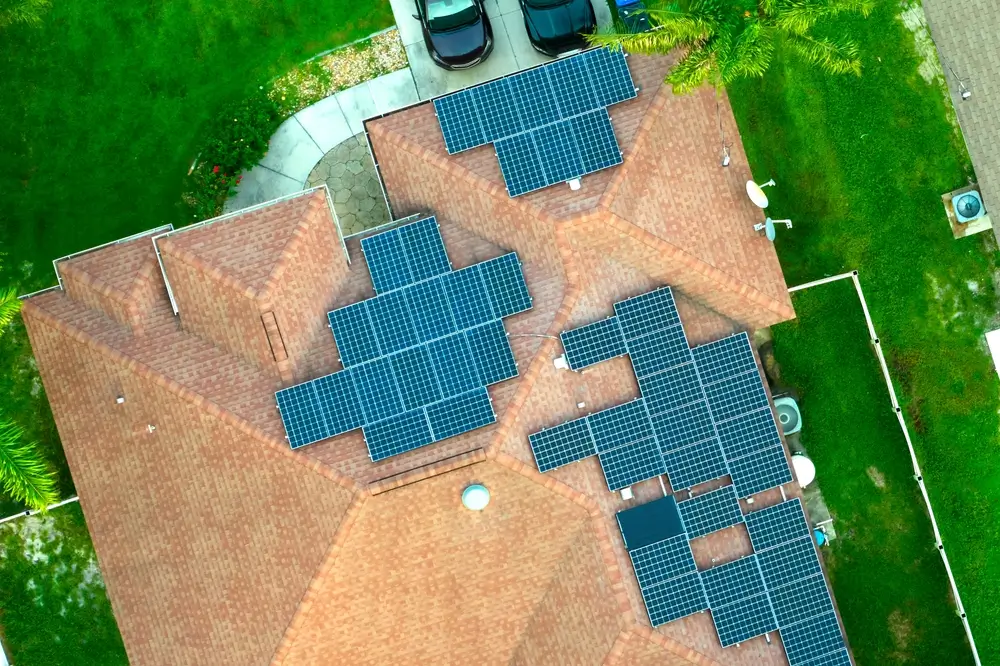
Power Up Your Future with Nivo Solar
Investing in solar energy is a smart decision for homeowners seeking financial savings, energy independence, and a positive environmental impact. Now that you understand the factors affecting solar panel ROI and how to calculate it for your home, it’s time to take the next step.
Nivo Solar, a leading residential solar installation company in Houston, TX (located at 1334 Brittmoore Rd Suite 1903, Houston, TX 77043), can help you navigate the process and experience the full potential of solar power. Our team of experts will design a custom solar system tailored to your energy needs and budget, ensuring you maximize your return on investment.
Ready to brighten your future with clean, affordable solar energy? Contact Nivo Solar today for a free consultation and learn more about our residential solar solutions.

